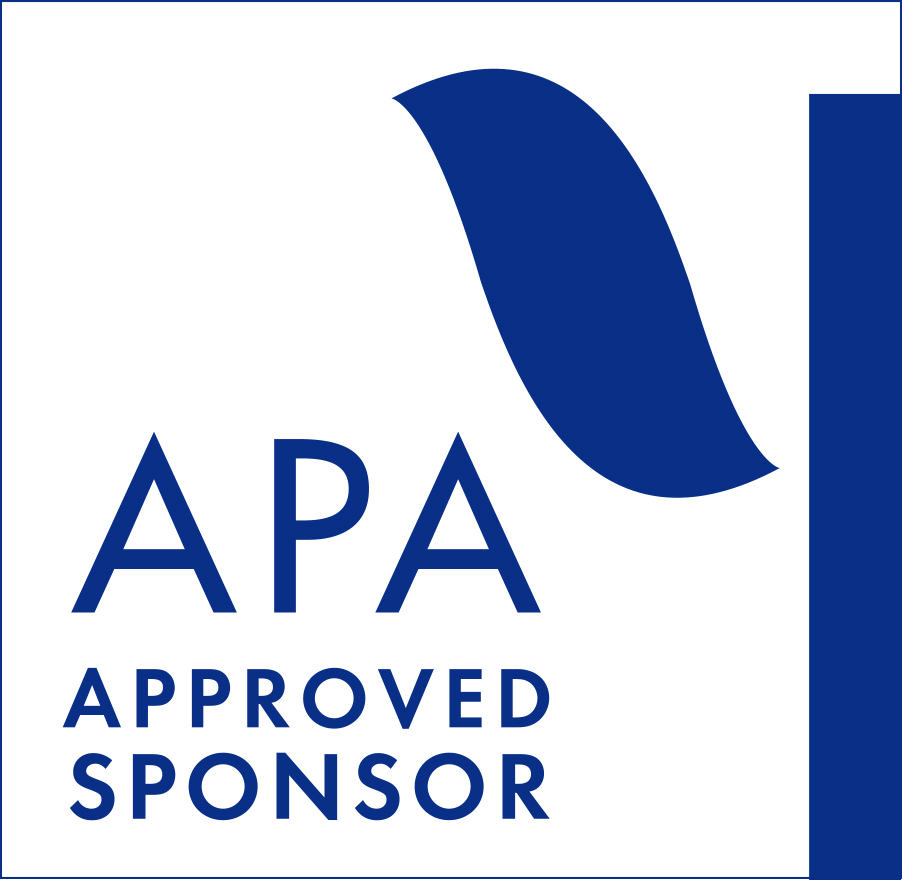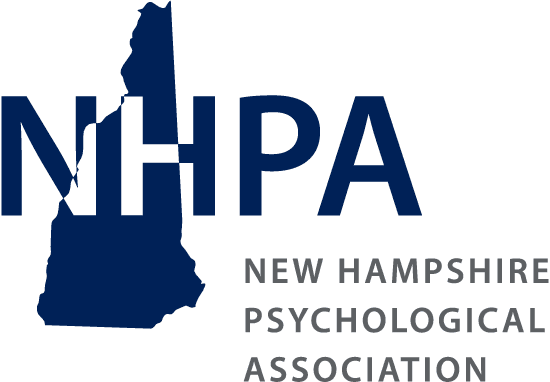 This workshop is presented by the Nevada Psychological Association plus a coalition of other State, Provincial and Territorial Psychological Associations, including NHPA! We benefit from you registering for this collaborative workshop.
This workshop is presented by the Nevada Psychological Association plus a coalition of other State, Provincial and Territorial Psychological Associations, including NHPA! We benefit from you registering for this collaborative workshop.
Friday, April 10th | 11:00 AM: - 6:15 PM
Zoom | 6 Ethics CEs
Course Description:
Part 1: Navigating Ethics Hell
This workshop explores the complex interplay between ethics, morality, and clinical practice through the unique lens of Dante’s Inferno. Participants embark on a metaphorical journey through “Ethics Hell,” examining how suboptimal ethical decision-making leads to professional missteps and discovering strategies to rise above these challenges and embrace aspirational ethical practice.
Using the acculturation model of ethical development, the workshop provides a practical framework for integrating personal and professional values into clinical practice. Through real-world vignettes and experiential exercises, participants analyze how assimilated, separated, and marginalized strategies produce ethical dilemmas and learn to prevent them.
The workshop will include time for participants to work through ethical vignettes along with instructor-led comments on the process.
At the end of this section, participants will be able to:
1. Distinguish between compliance-based and aspirational ethical approaches, explaining how an over-reliance on rules can lead to rigid, legalistic practices that miss the broader spirit of ethical principles.
2. Analyze how values-based ("separated") strategies can lead to specific countertransference reactions (e.g., over-protection, value imposition) and undermine evidence-based care and patient autonomy.
3. Predict the potential negative outcomes for client care and professional practice associated with the assimilated, separated, and marginalized ethical acculturation styles.
4. Evaluate a complex ethical dilemma from both an assimilated (rule-based) and separated (values-based) perspective, contrasting the different courses of action and their implications.
5. Identify two specific strategies to move toward integrated practice patterns
Part 2: AI Technologies in the Practice of Psychology
This workshop delves into the intersection of psychology, ethics, decision-making, and large language models (LLMs), such as ChatGPT. Participants will gain an understanding of the fundamentals of LLMs, the significance of effective prompting, practical applications, core ethical principles, and the Ethical Acculturation Model. The session will also explore strategies for incorporating LLMs into clinical practice and ethical decision-making processes. Attendees will engage in hands-on activities with AI tools to enhance their learning experience. Active participation and interaction are essential components of this workshop.
At the end of this section, participants will be able to:
-
List three current use cases of LLMs in the practice of psychology;
-
Describe two ethical issues when using any AI technology, including the potential for algorithmic bias and its impact on diverse populations;
-
Use one prompt for ethical decision-making for any large language model, considering the potential for culturally biased outputs; and,
-
Apply personal moral values in context of professional ethics for one vignette using a large language model as a guide.
About the Speaker:
Dr. John Gavazzi, a Board-Certified Clinical Psychologist, has practiced since 1990. He operates a private practice, provides expert testimony for legal teams nationwide, serves as an expert witness for the Pennsylvania State Board of Psychology, and consults for the Bureau of Disability Determination. With over 25 years in ethics education, he regularly presents workshops on ethics, psychology, mental health law, and decision-making.
Recognized as Ethics Educator of the Year by the Pennsylvania Psychological Association (2013) and the American Psychological Association (2014), Dr. Gavazzi founded Ethics and Psychology (www.ethicalpsychology.com), a platform exploring ethics, morality, psychology, and health care, with over 6 million page views and an international audience.
He has held leadership roles, including President of the Pennsylvania Psychological Association and Chair of its Ethics Committee. Dr. Gavazzi’s work continues to advance ethical practice and education in psychology.
------------------------------
NHPA prices workshops by CE credit hour:
$25.00 per CE for members; $35.00 per CE for non-members
Group Rates Available:
3 - 5 people = $15 off individual rate (member/non-member)
6 - 8 people = $20 off individual rate (member/non-member)
8 + people = $25 off individual rate (member/non-member)
Please contact ce@nhpsychology.org for more information. Please include first name, last name and email address for each participant in the group, along with a contact person for the invoice.
Paying with a check:
Checks must be received within one week of the event. If payment has not been received, registrant will still have option to pay online with a credit card up until the day before the program. If an invoice remains open on the day of the event, the registrant will not be allowed to attend.
Cancellation policy:
Refunds, minus a 10% cancellation fee, will be issued for all cancellations received two weeks prior to the start of the course. No refunds or vouchers will be made thereafter. No-shows are not refunded.
Attendance policy:
Full attendance is required to obtain CEs per NHPA policy. No partial credit will be given. Those who attend the workshop and complete the evaluation form will receive 6 continuing education credits. Please note that APA CE rules require that we only give credit to those who attend the entire workshop. Those arriving after the scheduled start time or leaving before the workshop is completed will not receive CE credits.
Registrations are Transferable:
Registrants can transfer an event confirmation to another individual. The NHPA office must be notified of the transfer at least 24 hours prior to the event.

This program is sponsored by the New Hampshire Psychological Association. NHPA is approved by the American Psychological Association to sponsor continuing education for psychologists. NHPA maintains responsibility for this program and its content.




